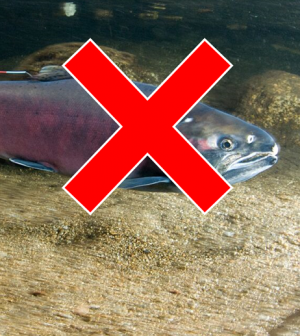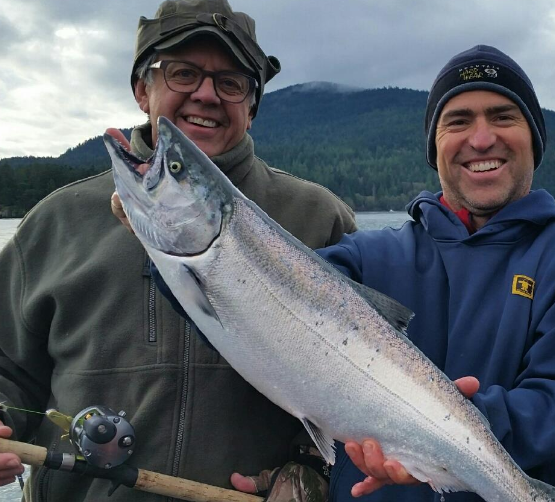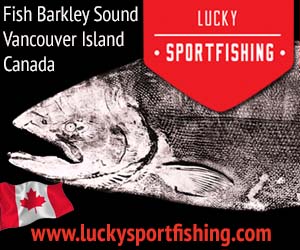Anglers Respond to Loss of Salmon Season

Negotiations between the State of Washington and the Northwest Indian Fisheries Commission on summer salmon fishing broke down late last week, the first time in three decades the state and tribes have been unable to agree on salmon fishing seasons.
Yesterday, the Washington Department of Fish and Wildlife (WDFW) announced it will seek a federal permit for salmon fishing in Puget Sound from NOAA Fisheries. However, state officials warned, federal authorization may not be received in time, setting the stage for an unprecedented fish-less summer, a scenario originally described in March after the WDFW warned of a poor forecast for returning coho. About 256,000 coho are expected to return to Puget Sound in 2016, or one-third the size of run predicted in 2015.
“We knew setting salmon-fishing seasons would be challenging this year due to the poor forecast for coho,” Ron Warren, head of WDFW’s fish program, said. “Our staff worked really hard to put forward a set of proposed fisheries that met agreed-to conservation goals. Unfortunately, we were not able to reach an agreement.”
Puget Sound marine and fresh water areas that currently are open to salmon fishing – including marine areas 5, 11, 12 and 13 – will close to fishing May 1, if not scheduled to close earlier in the 2015-2016 Washington Sport Fishing Rules pamphlet.
Anglers expressed outrage at the potential loss of a season of salmon fishing, laying the blame for the breakdown in negotiations at the feet of tribal co-managers.
“We especially want to express our appreciation for the effort of WDFW Director Jim Unsworth as he attempted to make the North of Falcon co-management process a success,” said Pat Pattillo, former WDFW policy fish management biologist. “Unfortunately, the tribes refused to consider WDFW’s very reasonable plan that called for the tribes to craft similarly conservative seasons for their own fisheries.”

Sportfishing leaders have called for anglers to support WDFW director Jim Unsworth, left, in the wake of the breakdown of season-setting negotiations.
Ron Garner, president of the state board of the Puget Sound Anglers, echoed support for Unsworth.
“The director stuck his neck out for us and we have to protect him,” Garner said. “We told him we would have his back if he carried the line for us. Now he is under intense pressure to make an agreement.”
In a press release issued in the wake of the breakdown of negotiations, the Northwest Indian Fisheries Commission claimed that “political leadership with the state Department of Fish and Wildlife did not provide a fisheries package that met the conservation needs of stocks of concerns because of low abundance.” Garner dismissed that assertion, however, explaining that tribal co-managers missed the deadlines as they were supposed to turn in their performance review of the rivers that they went over on Chinook impacts and modeling and that that performance review has never been remitted.
Late Friday, the Puget Sound Anglers, Coastal Conservation Association, Northwest Marine Trade Association, Charter Boat Association of Puget Sound, and Northwest Sportfishing Industry Association, issued the following joint statement:
NOF-Press-ReleaseIn related news, the Pacific Fishery Management Council concluded recommendations for coastal regulations in Oregon, Washington, and California late last week. According to The Oregonian,
Chinook salmon fishing will be allowed from all ports, with reduced commercial seasons bearing the brunt of cutbacks in southerly waters. Coho sportfishing will be allowed under quotas the length of the Oregon Coast (starting June 25 on the central coast), but only up to Leadbetter Point, Wash., which includes off the mouth of the Columbia River.






